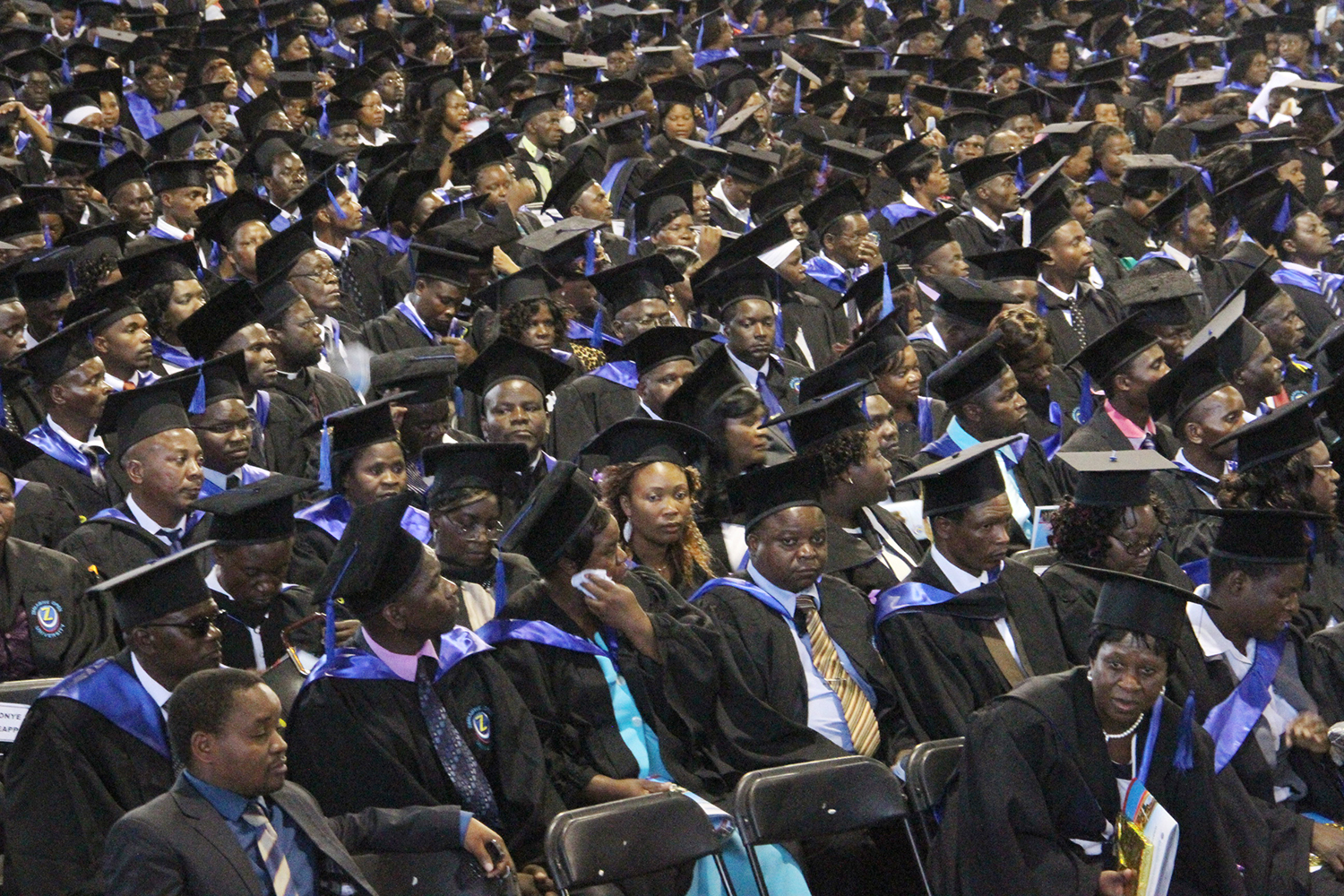
The Sunday Mail

Zimbabwe boasts of being a knowledge-based society, but the performance of pupils in science subjects and Mathematics threatens to keep the country in the Stone Age.
Results released by Zimsec over the past years show that students are shying away from science subjects and many of those who sit for such exams fail dismally.
The total number of candidates examined in the November 2014 “O” Level session was 316 003 compared to 285 260 in 2013, showing a 10 percent rise in candidature.
However, the pass rate for science subjects has continued to decrease, creating challenges in enrolment for universities and colleges.
According to the recently published Zimsec 2014 “O” Level results, 105 197 pupils sat for Mathematics (Calculator Version).
Of these, just 22 000 (21 percent) recorded a grade C or better. The subject had a 13 percent pass rate in 2011, 17 percent in 2012 and 23 percent in 2013.
In Integrated Science, the pass rate dropped from 23 percent in 2013 to 21 percent in 2014.
Although other subjects such as Physical Science, Biology, Chemistry, Computer Studies, Physics and Additional Mathematics have pass rates above average, the number of students taking the subject is disappointingly low.
For students to further their studies and to be employed in areas such as engineering and medicine among other areas of study, they are required to take up science subjects at Ordinary Level.
For instance, out of the 316 003 pupils who wrote Zimsec November 2014 “O” Level exams, just 3 309 students sat for Physics and only 339 passed; whilst 669 students took the Human and Social Biology exam and only 268 students passed with a grade C or better.
Educationist Mr Maxwell Rafemoyo said this trend is slowly eroding the investments Government has made in education and threatens future development.
“It is quite a sad situation because science and technology are the cornerstone of the nation. It is unfortunate because science and technology are a guide to our economy, our culture. Science and technology are the solving mechanisms in any society,” he said.
“It is, however, not fair to place the blame solely on students because the economic challenges that the country has faced over the years have affected science subjects.
“An exodus of experienced Maths and Science teachers has resulted in our schools being manned by inexperienced, unqualified teachers and this has immensely contributed to poor performance by school children in these subjects.”
“Second, science subjects are very demanding in terms of resources and materials and our schools do not have these facilities and this is costing the nation.
“In the next decade, there will be a low uptake of science subjects and low output of science students which will create high demand of personnel with these expertise.
“Thus it is important that we bring back those teachers that left the country in search of better opportunities in other countries, this might help solve this problem that we have.”
Some estimates claim that 20 000 teachers abandoned the profession and left the country over the past decade.
Even though many started trekking back in recent years, up to 6 000 are yet to be cleared to resume work — a situation teachers’ representatives say is a drawback for the nation.
The process for reinstating the “prodigal” teachers is said to be overly bureaucratic.
Progressive Teachers’ Union of Zimbabwe president Mr Takavafira Zhou implored Government and the Civil Service Commission to expedite the process.
“Zimbabwe has qualified teachers and most of them are willing to come back, but the process of clearing them into the system is too long thus we are left with inexperienced and unqualified teachers teaching these technical subjects,” he said.
However, educationist and lecturer at the University of Zimbabwe Dr Peter Kwaira said it was important to first of all look at the methodologies and styles of learning that are being involved in teaching science subjects in Zimbabwe before looking at the educators or the learners.
“Are students being motivated by the environment and by the way issues pertaining to the subject are being taught?
‘‘We need to revise the curriculum and take a look at these issues,” he said.
The Ministry of Primary and Secondary Education last year embarked on a curriculum review consultation exercise which is considering the recommendations made by the Nziramasanga Commission on Education of 1999.



